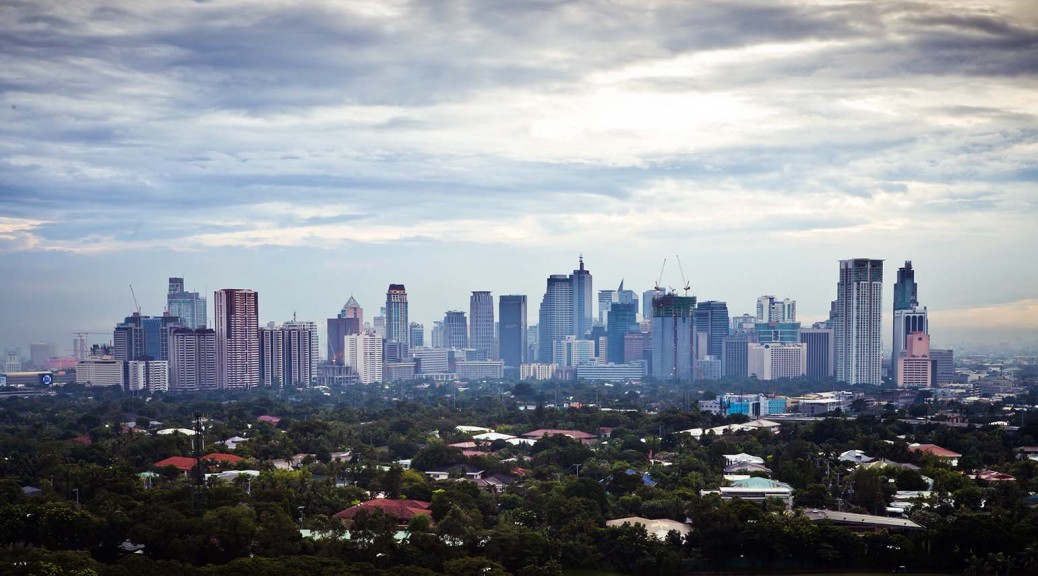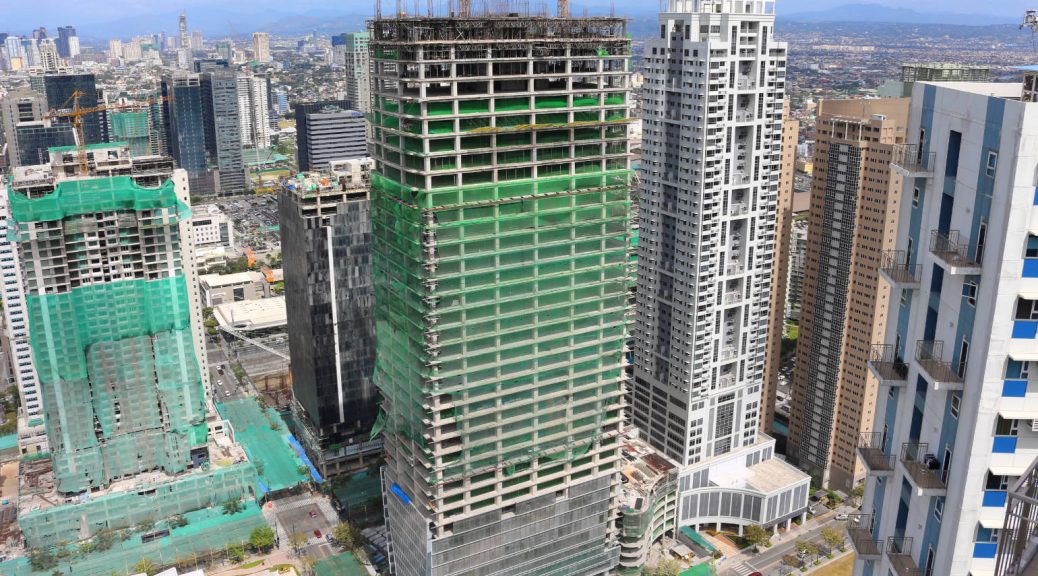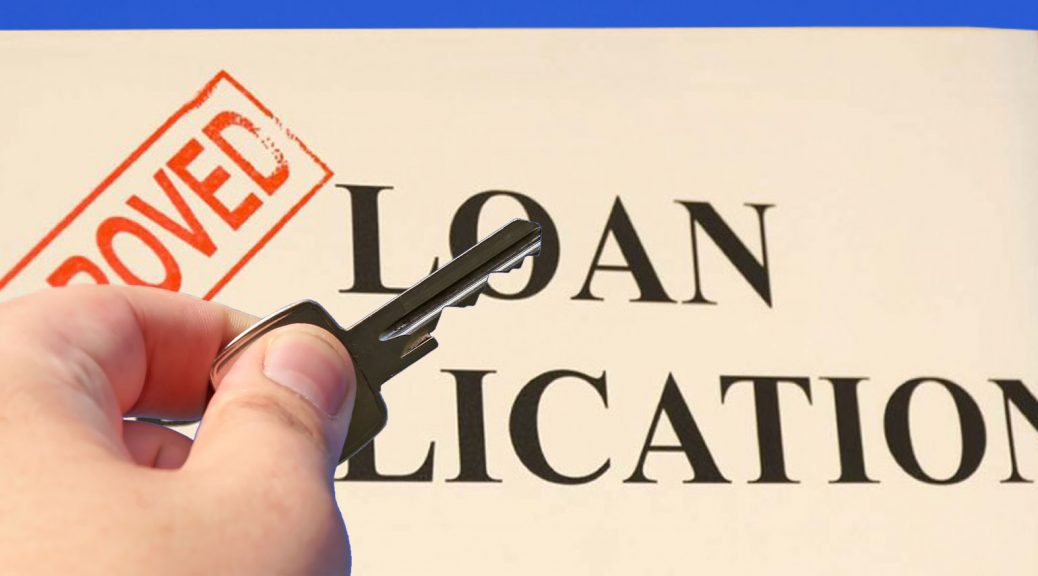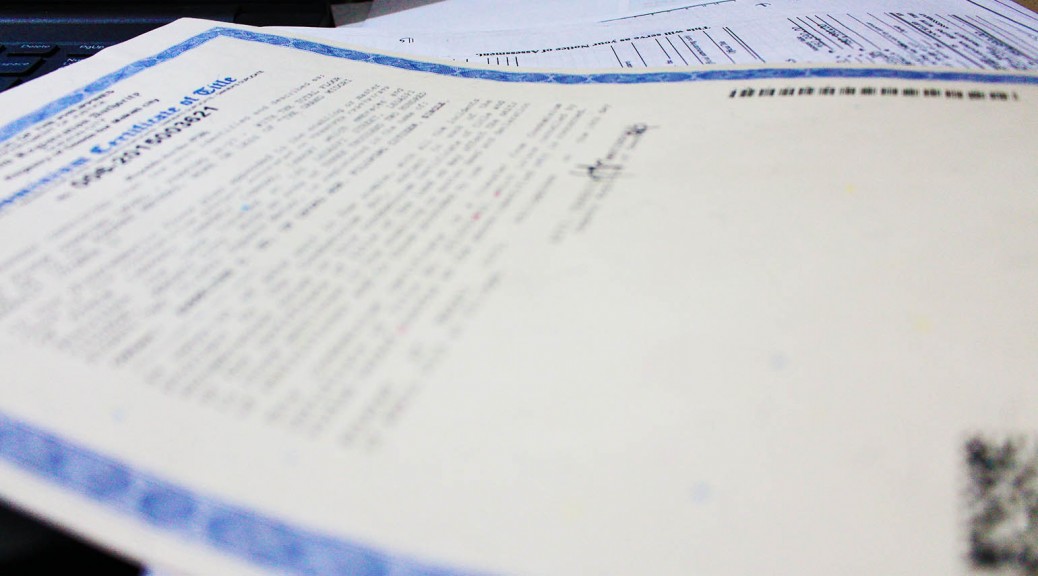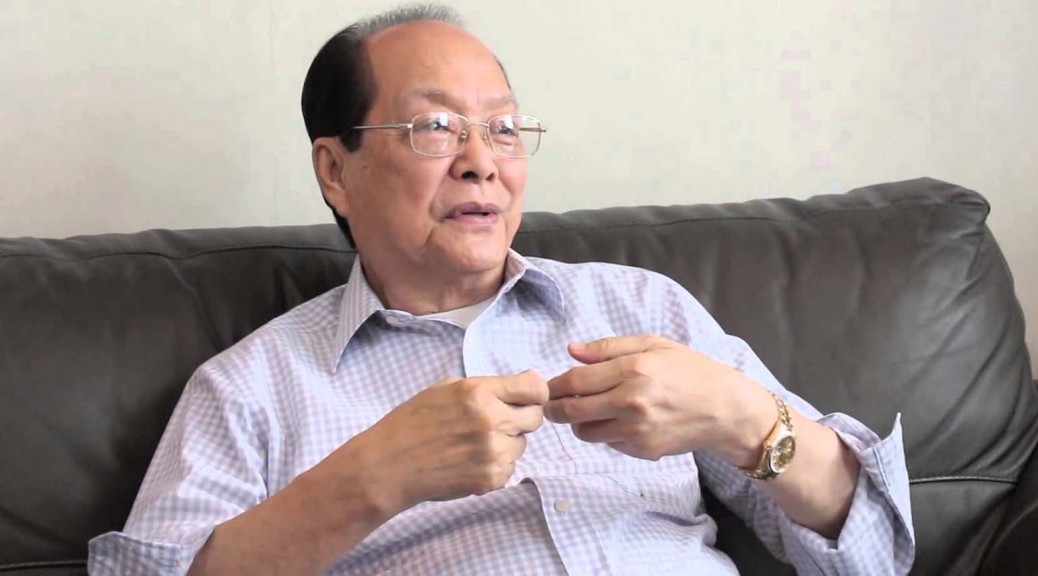
Defaulting Payments – Know Your Rights under Republic Act 6552 (Maceda Law)
Knowing your rights as purchaser of a real estate property under the Maceda Law, will mean a huge difference. It can mean losing everything you have put in for your investment, or getting at least 50% of it back, when for some reason on your part, you cannot continue with your installment purchase. So in this post, we will discuss the most important points in the Maceda Law that are relevant to a distressed real estate buyer.
What is the Maceda Law?
The Maceda Law, also known as The Realty Installment Buyer Act or Republic Act 6552 is the law that lays out a defaulting buyer’s rights in the Philippines with regards to his purchase of a real estate property, whether it’s a condominium unit or a house-and-lot unit in a subdivision development. This was initiated by lawmaker Ernesto Maceda and has taken into effect on August 26, 1972.
Who it applies to
Today, more and more people in the working class, especially OFW’s are buying condominiums or house-and-lots in subdivision projects. But paying them in full in just one payment is just too much.
So practically, they opt to pay the equity by installment since developers’ or contractors’ installment equity payment schemes have become increasingly affordable. This is through stretching their equity payment or down payment stage to 20, 30, 40 months or sometimes even longer. Then they just take out a loan from their bank for the remaining balance since banks usually have lower interest rates compared to in-house financing.
If you have taken advantage of this convenience in acquiring your property, everything is okay as long as you can keep up with your payments. But times are not always good. There are times when we face difficult situations and times when we just can’t make the payments anymore.
If you come into this situation, the Maceda Law was passed to help protect you. It established the rights of a qualified buyer who can’t continue with his payments anymore.
Under the Maceda Law, there are two qualification categories of buyers accorded protection. These buyers are:
- Under Section 3 of Maceda Law, a buyer with at least 2 years of installments
- Under Section 4 of Maceda Law, a buyer with less than 2 years of installments
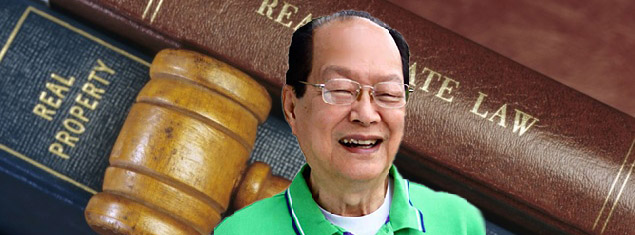
Rights of a Buyer
Section 3
…where the buyer has paid at least two years of installments, the buyer is entitled to the following rights in case he defaults in the payment of succeeding installments:
- To pay, without additional interest, the unpaid installment due within the total grace period earned by him, which is hereby fixed at the rate of one month grace period for every one year of installment payments made; provided that this right shall be exercised by the buyer only once in every five years of the life of the contract and its extensions, if any.
- If the contract is cancelled, the seller shall refund to the buyer the cash surrender value of the payments on the property equivalent to fifty percent of the total payments made… Down payments, deposits or options on the contract shall be included in the computation of the total number of installment payments made
Section 4
In case where less than two years of installments were paid, the seller shall give the buyer a grace period of not less than sixty days from the date the installment became due.
If the buyer fails to pay the installments due at the expiration of the grace period, the seller may cancel the contract after 30 days from the receipt by the buyer of the notice of cancellation or the demand for rescission of the contract by a notarial act.
In other words, Section 3 of Maceda Law indicates that the buyer has a right to a refund and grace periods as long as the buyer has paid at least two years. However, if there’s still less than 2 years of installment payments made, the buyer is only entitled to 60 days grace period as indicated in Section 4.
More importantly, there is a section in the Maceda Law that protects the buyers from the fine prints of contracts imposed by the contractors or developers. These fines prints are oftentimes neglected by the buyers to review during the contract signing.
Section 7 of the Maceda Law states that:
…Any stipulation in any contract hereafter entered into contrary to the provisions of Sections 3,4,5, and 6 shall be null and void.
This section emphasizes the overriding power of the Maceda Law against the contract made by the developer and the buyer.
Frequently Asked Questions
The following questions have been commonly asked by our readers:
-
Does it apply when I’ve been paying to the bank already?
A common practice today is for the developers to require only the equity to be paid in installments. This equity or also called “down payment”, varies from 10% to 50% (usually 20%), depending on the developer or the particular development project. The remaining balance after the equity, will be shouldered by some financing scheme.
This financing scheme may be provided by:
- Banks
- HDMF (formerly PAG-IBIG)
- “In-house Financing”, by the developer themselves
- or other financing institutions
If you opt to pay your remaining balance using bank financing, that means you’ll be taking a housing loan from the bank.
When you start paying to the bank, that means you’ve already taken out your housing loan from them. When you took a loan from your bank, you basically borrowed money and then you used that money to pay the developer in full. But this all happened in the background and the money did not go through your hands anymore. The bank gave it straight to the developer. And this is what commonly confuses people.
So now, your property has been fully paid as far as the developer/seller is concerned. In fact, as far as the law is concerned, your property has been fully paid already. But your loan from the bank is what’s outstanding. Your debt is now to the bank — the money you borrowed, to pay the developer.
So the answer to the question on whether this Maceda Law will still apply, is no, it will not apply anymore. That’s because the property is technically, already paid in full.
-
Does it apply when I’ve been paying to PAG-IBIG already?
Please refer to the answer to the preceding question above.
-
My developer/seller is very slow or is already late in delivering the property, will Maceda Law apply if I back out from the purchase?
You check first when the developer is supposed to deliver the property to you — their supposed “deadline”. You may check your contract. Or you may also call your nearest HLURB office and check with them when is the deadline given to the developer, as indicated in their License to Sell for the specific project where your property is in.
After determining that your developer is at fault, you may file a complaint for recision of your contract and for total refunds plus damages, as appropriate, at HLURB.
But as far as Maceda Law is concerned, it is not the appropriate law to rely on, now. Read carefully the provisions of P.D. 957. This is what applies in cases like this.
-
My developer is for some reason, the one who’s at fault and I want to back out. Will Maceda Law apply?
The Maceda Law only assures 50% refund on all the payments you’ve made (or a little more as appropriate). If your developer is at fault, you should not ask for only 50% refund but for the entire amount you’ve already paid. You can even demand for damages as you deem fit.
If your developer is at fault, the provisions of P.D. 957 may apply; and/or the appropriate provisions of Book IV of the New Civil Code on Obligations and Contracts.
Below is the full text of the Maceda Law:
Other Laws Protecting Buyers of Real Estate in the Philippines
Further, there are other laws that protect the rights of condominium and subdivision property buyers such as The Condominium Act of the Philippines or RA 4726 and The Subdivision and Condominium Buyers’ Protective Decree or Presidential Decree 957 (more commonly known simply as PD 957).
Although both basically cover the same issue which is ‘refunds’, both laws cover different situations on how the refunds are supposed to be granted.
Depending on your situation, there are laws that protect you as a buyer. Know your rights and you don’t have to loose more money than you have to. You may not know it, but you might even be entitled to receive 100% full refund of all the payments you’ve made.
Thinking of buying a property in the Philippines?
Make sure you do it right, in order to avoid ending up having to use the Maceda Law. Work only with brokers who are reliable and who really know what they are doing. See how we can help you today:
Disclaimer: The information in this post is not meant as legal advice and should not be taken as such. See our full legal disclaimer.
-
theson
-
Joanne Almaden
-
theson
-
Joanne Almaden
-
Joan
-
Nimrod Flores
-
Joan
-
Kim Yoo Park
-
-
-
Mags Gonzales Garcia
-
Nimrod Flores
-
-
-
-
Karen Peradilla Aquino
-
Joanne Almaden
-
Karen Peradilla Aquino
-
Joanne Almaden
-
Nimrod Flores
-
Karen Peradilla Aquino
-
-
-
-
-
Mel Ursabia
-
Joanne Almaden
-
Annie Rillera
-
-
Lou
-
-
Juancho Juanito Juanato
-
Joanne Almaden
-
-
ro mac
-
Nimrod Flores
-
AlltimePacquiaofan
-
Nimrod Flores
-
Jenny
-
Michael Java Borlagdan
-
-
-
heizel
-
Angela
-
Recy Ann Sabejon Samson
-
-
Aileen Gordola
-
Jebo M. Arguelles
-
-
jessica lindt aguasin
-
-
Jen Jersey
-
Toni
-
Nimrod Flores
-
Toni
-
Nimrod Flores
-
Toni
-
Nimrod Flores
-
Toni
-
Toni
-
-
-
-
-
Sam
-
Nimrod Flores
-
-
katherine bauya
-
Nimrod Flores
-
-
Nestor Naesa Jr
-
Nimrod Flores
-
Nestor Naesa Jr
-
Nimrod Flores
-
-
-
-
Nimrod Flores
-
Nimrod Flores
-
Melanie Pecho
-
Joanne Almaden
-
-
Gijie Devad
-
Joanne Almaden
-
-
Joanne Almaden
-
Lualhati Reyes
-
Winky
-
-
-
mark
-
Nimrod Flores
-
-
joanne
-
odhie seno
-
Abdel Quingco Ibrahim
-
Nimrod Flores
-
-
Abdel Quingco Ibrahim
-
Joanne Almaden
-
Ma.rose san miguel
-
-
-
Estate Planning Service
-
Henry N
-
Joanne Almaden
-
-
ciannehearts
-
Joanne Almaden
-
Alex
-
-
-
Rochelle De Guzman Puschnik
-
Joanne Almaden
-
Legna Aca
-
Ian Cosico
-
-
-
Syali Rabz
-
Joanne Almaden
-
Syali Rabz
-
-
-
Irate Buyer
-
Joanne Almaden
-
-
dennis lozada
-
Joanne Almaden
-
-
Angge Cortuna Espino Sarcia
-
Joanne Almaden
-
Angge Cortuna Espino Sarcia
-
Angge Cortuna Espino Sarcia
-
Nimrod Flores
-
Angge Cortuna Espino Sarcia
-
-
-
-
-
Bryan Dela Cruz
-
Chin
-
Joanne Almaden
-
-
Jasonn Darroca
-
Joanne Almaden
-
-
Neil Charles Mondia
-
RICHIE DOMINOS
-
-
Neil Charles Mondia
-
Joanne Almaden
-
Neil Charles Mondia
-
Neil Charles Mondia
-
-
-
Jherson Carbonell
-
Joanne Almaden
-
Jinnequi Macapallag
-
-
krayzen
-
Joanne Almaden
-
-
Richelle Meneses
-
Joanne Almaden
-
-
Joyce Protacio
-
Joanne Almaden
-
-
Nick
-
Joanne Almaden
-
Nick
-
-
-
Jhoanna Shayne Kathleen Albert
-
Joanne Almaden
-
Jhoanna Shayne Kathleen Albert
-
Joanne Almaden
-
Jhoanna Shayne Kathleen Albert
-
Lualhati Reyes
-
Annie
-
-
-
-
-
need_help
-
Lea Laoag-Dela Cruz
-
Joan
-
Sherwin
-
NeoTobz
-
Missy
-
Sheila baldonado
-
jane
-
richpinoy
-
Nita Øvretveit
-
Nimrod Flores
-
Liezl Asintista
-
Nimrod Flores
-
Zhel
-
chelle
-
Nimrod Flores
-
Jose Ricardo de Laza
-
Joseph & Carmi Amurao
-
-
-
-
-
Paul Dimabuyu
-
alex
-
Lee
-
Chezka
-
Miguel Sabando
-
Neil Charles Mondia
-
Desiree Vijandre Sumagaysay
-
Joseph Raymond Padua
-
kian
-
Bryne Dupa- Duran
-
Mark Lester Ogot
-
Cherry Joy R. Paño
-
RICHIE DOMINOS
-
Anchi
-
Ramon
-
Bimbo Solano
-
Ramon
-
Pilipinas Magbago ka
-
xinunix
-
Jing Astoveza-Villamor
-
Xyra Ibasco
-
Belen
-
Arnold Mendoza
-
James Heroni
-
James Heroni
-
James Heroni
-
Reena Vi Lepiten
-
!!!!!
-
!!!!!
-
khayreyes
-
Shiela Magdaong
-
Akin Ka Lang
-
Akin Ka Lang
-
mikel
-
Mitch
-
Nimrod Flores
-
-
Nimrod Flores
-
-
mikel
-
mikel
-
Leo
-
Always 2nd Best
-
Mylene Pedroso
-
mayeth gutierrez
-
Milyn bagcal
-
mayeth gutierrez
-
-
Nimrod Flores
-
-
n3m0
-
Michael Espina
-
Nimrod Flores
-
-
Jaye-Anne Maquito Villanueva-C
-
Nimrod Flores
-
Jaye-Anne Maquito Villanueva-C
-
-
-
Milyn bagcal
-
heizel
-
Lai
-
azkalsunited
-
Werna Aquino
-
Estefan.M
-
-
-
reyna refuerzo
-
Rosalie De Vera
-
Ma. Renalyn Nicole Corpuz
-
lovemyhusband
-
-
-
Dorris Lee Sabidong
-
Nimrod Flores
-
Dorris Lee Sabidong
-
Dorris Lee Sabidong
-
Nimrod Flores
-
-
Dorris Lee Sabidong
-
-
-
Miffy
-
Gina Dy Bongcayao
-
Nimrod Flores
-
Lee
-
Nimrod Flores
-
Mhel Marquez Zantua
-
Mhel Marquez Zantua
-
-
-
erick
-
-
Jasmin Chu
-
-
Bench Tampos
-
Violet Castillo
-
JP Casilao
-
May Ho
-
erick
-
gie
-
Razhel Ambito Amago
-
renz
-
May Ho
-
Kim Cabrera
-
Edgar Evangelista
-
Nimrod Flores
-
Edgar Evangelista
-
Nimrod Flores
-
-
-
-
Trin
-
Nimrod Flores
-
-
Lance
-
Nimrod Flores
-
rio
-
-
Lance
-
-
Leigh Sto. Domingo
-
angka chua
-
Roy Tan
-
RB Pineda
-
FrancisB
-
Crissy88
-
Kelvin Chester Galman
-
korch Cahilig
-
Mhaldita
-
liam paul
-
monica delo
-
kambal gamino
-
Nimrod Flores
-
monica delo
-
kambal gamino
-
Paul Christian Moran
-
Nimrod Flores
-
sheila singapore
-
Nimrod Flores
-
-
-
-
-
Vhonnelle Amarillo
-
Nimrod Flores
-
Vhonnelle Amarillo
-
Nimrod Flores
-
-
-
MCM Palis
-
-
Jasmin Chu
-
Nimrod Flores
-
-
khaye Nueda
-
khaye Nueda
-
-
Julia dela Cruz
-
Xavina Burgos
-
ricky sandoval
-
Naomi Escabusa
-
Jona
-
MCM Palis
-
Ca Reen
-
Ruell
-
Kathleen Pocklington
-
Ana
-
Gyn Win
-
Lavic
-
Leana Mae Solano
-
realestatenewbie
-
Nimrod Flores
-
-
Fair gamer
-
Nimrod Flores
-
Fair gamer
-
Nimrod Flores
-
-
-
-
Ayna
-
Yen Ensenada Garrard
-
Christian Tolentino
-
Cel
-
Grace
-
Christian Tolentino
-
Nimrod Flores
-
-
Edith
-
Jona C.
-
Evangeline Limjoco Castro
-
Grace
-
Nimrod Flores
-
Grace
-
alolod
-
rio
-
Grace
-
rio
-
Grace
-
rio
-
-
-
Kathleen
-
-
-
alolod
-
jean delos santos
-
Ria de Leon
-
Rosie
-
Ann Alfonso
-
Christiaan Avenant
-
Alice Carey
-
Mariz Hernandez
-
leny nimer
-
Drei
-
Luz Macayayong
-
redge fider
-
Eric Naz
-
Jamie
-
Gerlito Patidungan
-
Mike
-
Maybel Aboy
-
Marvin
-
Andrea
-
Samuel Molina
-
Alex Xander
-
Anna F
-
Alex Bernabe Adion
-
Tinsky
-
roncols
-
Cheph Zibah
-
Lovely Cruz
-
ian andrew gozun
-
alona
-
busyV
-
elsie
-
Roland
-
Jhunnry Mira Flores
-
Randy Palma
-
Estefan.M
-
Sahara Des
-
Noel Young
-
jlyn
-
Issah Del Barrio
-
Miko Belza
-
Mark
-
Zal Gullon
-
Mie Ikaw Na
-
Maria Jesusa Mingo-Adorza
-
Jbautista
-
tarte
-
Harriet D. Forsyth
-
Mashadong Young
-
Luke Benjamin Liam Andrei
-
John Holt
-
Beverley Daquioag-Roxas
-
kei
-
Teng Miranda
-
Vilma Gadayos
-
YahYah Alberto Tabilog
-
Maria Liza Organo Eugenio
-
She-Real Tolentino-Enero
-
Sebastian Freeman
-
Jei Santos
-
Wenslou Del rosario
-
rhoel escobar
-
Maria Helena Brillantes Nataño
-
Pham Pineda
-
Bernard Escasinas
-
Jennifer Pandi
-
Randy Genorga
-
Randy Genorga
-
disqus_wGMfCNDVcJ
-
-
maricon denuevo
-
Aj Cimafranca
-
Angel Gimeno
-
rio
-
Julie Bona Magtulis
-
Farasha Umri
-
Jackylyn Okoli
-
Wendy Joy Nobleza
-
TrUstindestiny MAe
-
Jaicel Reyes
-
Sandra Amora De Guzman
-
cony cruz
-
Vic Fronda
-
joyskie sebua
-
jen
-
glez
-
JM “Jhoe” REYES
-
Ma Josephina Salazar
-
Lalaine
-
mark ortiz
-
Marilou Buenaobra
-
Edison Solomon Serrano
-
camille mundin
-
Ann Lo
-
cherry A gonzales
-
daguraino
-
Nimrod Flores
-
daguraino
-
daguraino
-
-
-
Tiago Santiago III
-
Honey Bering
-
Ghie Bondoc
-
Jhonwel Jhonvals Valle
-
angela
-
Red
-
junabeth bantugan
-
Bob
-
Enaj Nosniv
-
Desiree Dayrit
-
christine rosales
-
Bing Trinidad
-
nora
-
Sherill Grace Adriano
-
Azirac Mory Rotciv
-
Leanie Maraviles Pascual
-
Jenny
-
Jian Cogollodo
-
Crispin Pereyra Constantino
-
Timm
-
Mayo Clinic
-
Lonito Micosa
-
Joey duardas
-
Renz Enrile
-
Jeanne Sy
-
Junell Sanchez Zenarosa
-
RC Aguirre Ruibarbo
-
Steph Galang
-
chris vargas
-
Jose Escote
-
Lou Eugenio
-
emmanuel staffing
-
Alexis Barawed
-
Paul
-
Dave Hamerson
-
Irish Carreon
-
Éñróhl LS Sàgûn
-
CathG
-
killua
-
Jenny Grace Timtim
-
Mohammed Gana
-
Marie Ann Gabriel
-
Zaldy Jr. Bacudo
-
Zaldy Jr. Bacudo
-
Annc Fernandez
-
Angela Esguerra
-
Jan Nice
-
Myrna Iijima
-
Myrna Iijima
-
-
Kuya mo Polet
-
Lloyd Gomez
-
Maricel Mace
-
Adrian Sanchez
-
Princess Mhirvy
-
Chris
-
Alex
-
Marc leer Consorte




